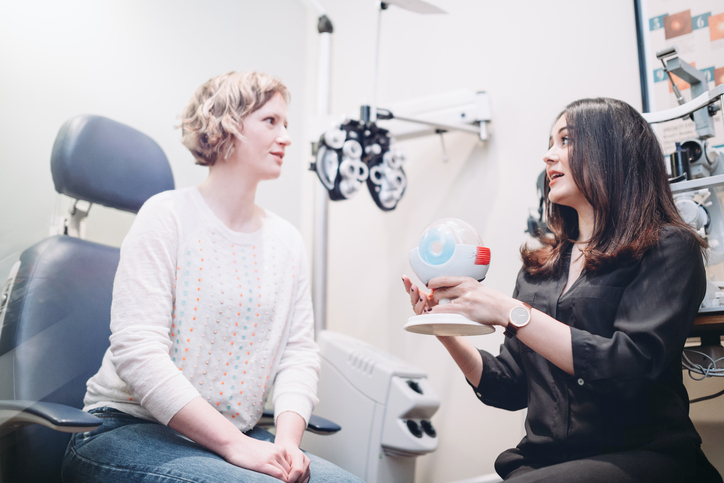August 8, 2018

Women sound pessimistic about how long it will take to reach gender parity in the workplace, according to an annual survey of women in healthcare conducted by Rock Health, a digital health venture fund, and summarized recently by Emily Rappleye in Becker’s Hospital Review.
The 2018 survey is based on responses from more than 630 women working in healthcare across 46 organizations. It was conducted between May 14 and June 15.
Here are four top takeaways outlined by Rappleye:
1. Compared to 2017, more women are pessimistic about the timeline to gender parity, but more believe it will eventually happen. This year, 55 percent of women surveyed said they believe it will take more than 25 years to reach gender parity in the workplace, compared to 45 percent last year. However, significantly fewer women say it will never happen (5 percent in 2018 compared to 16 percent in 2017).
2. Small companies and large companies offer the most supportive environments for women. Companies with fewer than 10 employees ranked the highest for supporting women (8.3 on a scale of 1-10), and this ranking declined as company size grew up to 1,000 employees. After that, the ranking increased again. Rock Health speculates that this may be because smaller companies are able to control their culture more and large companies have more resources to create diversity programs.
3. Race and age intersect gender discrimination in the workplace. Most African-American women (85.6 percent) said race was “very much” a barrier to career advancement, compared to 8.9 percent of non-Hispanic white or Euro-American women. African-American women were most likely to report race as a barrier, followed by Asian or Asian-American women, 52 percent of whom reported race as “very much” a barrier to advancement. Most Asian or Asian-American women (80 percent) reported under-selling skills as a top barrier to advancement.
Similarly, women of all ages felt their age was a barrier for different reasons. Young women reported being judged for lack of experience, women in their 30s reported family obligations, or time constraints, as barriers, and women over 50 reported age discrimination.
4. Anecdotal commentary indicated women are often the least supportive of other women. “Any poor treatment toward me in my many years within the corporate space has come from other women,” a respondent from Louisville, Ky., said. This commentary is supported by other research, such as a study published in Gender in Management that found women believe women are good managers, but do not want to work for them, Rock Health notes.



























